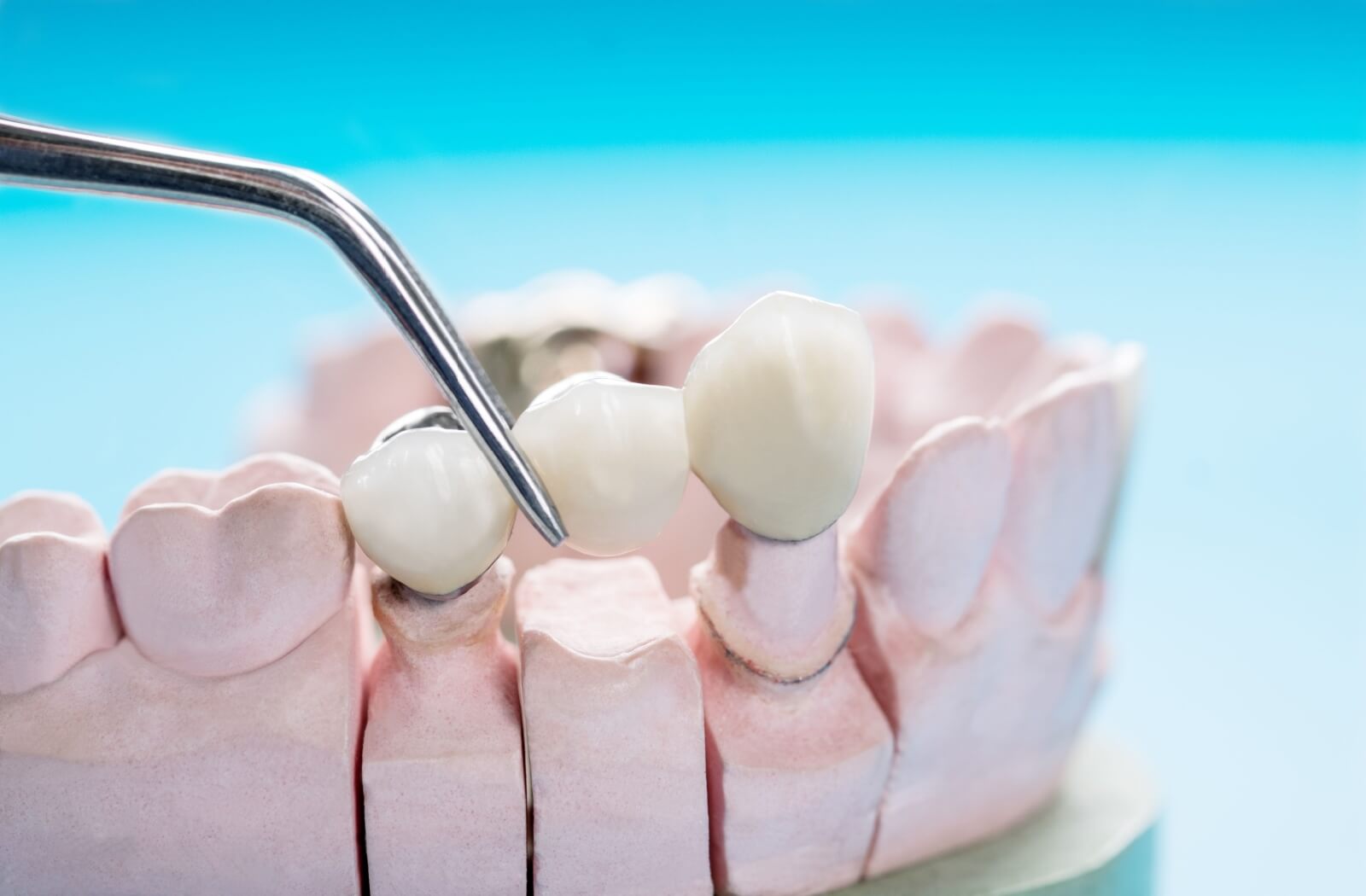
Ever felt that sudden rush of panic when you lose a tooth? It's an unsettling experience that can affect anyone, at any age. But here's the good news—modern dentistry offers a variety of solutions to restore not just your smile, but also your confidence and oral health. Whether you've lost a tooth due to injury, decay, or a genetic condition, you don't have to live with the gap forever. At Wildwood Family & Cosmetic Dentistry, we have the technology and expertise to guide you through this time.
Why Replacing a Missing Tooth is Important
A Boost to Your Confidence
A missing tooth can be more than just a cosmetic issue. For many, it impacts their self-esteem and confidence. Suddenly, something as simple as a smile can become a source of anxiety. You might find yourself avoiding social situations or holding back laughter because of that gap. The psychological toll can be significant, but the right dental solution can help you regain your smile and your confidence.
Oral Health Complications
Beyond aesthetics, a missing tooth can lead to several oral health problems. Your teeth are designed to work together, and when one is missing, the others may start to drift into the empty space. This can lead to bite problems and even further tooth loss. Additionally, the jawbone where the tooth was can begin to deteriorate, weakening the surrounding teeth and causing them to become loose over time.
Daily Challenges
Eating and speaking are fundamental parts of daily life that can become challenging with a missing tooth. Depending on its location, you might find it difficult to chew certain foods or pronounce words clearly. These challenges can affect your quality of life, making it important to address the issue sooner rather than later.
Options for Replacing a Missing Tooth
Dental Implants
One of the most popular and effective methods for replacing a missing tooth is a dental implant. This involves surgically inserting a small titanium screw into your jawbone, which acts as a replacement tooth root. Over time, this screw fuses with the jawbone, creating a stable base for a replacement tooth or crown.
Dental implants offer several benefits:
- They don't require altering adjacent teeth.
- They provide a long-term solution that can last decades.
- They look and feel like natural teeth.
You can treat dental implants like natural teeth, with regular brushing and flossing keeping them in top shape. However, not everyone is a candidate for dental implants. Your overall health, the condition of your gums, and the amount of bone in your jaw are all factors that your dentist will consider. You may even need a bone graft beforehand to support an implant, if you lack the bone density. Dental implants also require several months for healing and regular checkups to ensure success.
Bridges
Another viable option for replacing a missing tooth is a dental bridge. A bridge literally "bridges" the gap created by one or more missing teeth. It consists of two or more crowns for the teeth on either side of the gap, with a false tooth in between.

There are four types of dental bridges:
- Traditional bridges use natural teeth on either side of the gap to hold the false tooth in place.
- Implant bridges are supported by dental implants instead of natural teeth.
- Resin-bonded bridges are ideal for missing front teeth, using metal bands to hold the artificial teeth in place.
- Cantilever bridges can be used when there's only one adjacent tooth to support the bridge.
While bridges can effectively restore your smile, they do require altering the structure of surrounding teeth. With proper care, dental bridges can last around 10 years or more.
Dentures
Dentures are another common solution for replacing missing teeth, especially when multiple teeth are involved. They consist of removable prosthetics that can replace a partial or full set of teeth.
There are two main types of dentures: complete and partial. Complete dentures are used when all teeth are missing, while partial dentures are suitable for those who still have some natural teeth remaining. They are an excellent non-surgical option, however, they require regular cleaning and adjustments, and some people may need time to adapt to wearing them. Your dentist can help you determine if dentures are the right fit for your lifestyle and dental needs.
Which Option is Right for You?
Choosing the right option for replacing a missing tooth depends on several factors, including your oral health, budget, and personal preferences. It's important to consult with your dentist to determine the best choice for your individual needs. Dental implants are a great option if you are looking for a long-term solution and have the patience for a multi-step process. On the other hand, bridges are a quicker fix and may be more suitable if your gums and surrounding teeth are healthy. Dentures might be right for you if you are worried about surgery or other extensive work.
Restore Your Smile and Oral Health
Losing a tooth is more than just a minor inconvenience; it can significantly impact your appearance, confidence, and oral health. Fortunately, modern dentistry offers effective solutions like dental implants and bridges to replace missing teeth and restore your smile. At Wildwood Family & Cosmetic Dentistry, we strive to make every visit as comfortable and welcoming as possible. Our experienced team, led by Dr. Michael O'Neill, is committed to providing quality dental care to families in the Toledo area for over 70 years. Feel free to reach out and discuss which tooth replacement option is the best fit for you and your smile goals.